-
Call Us (Norway)
+47 412 86 050
-
You may send an email
[email protected]
-
Central European Time
Mon - Fri (8.00 - 16.00)
Book a Consultation
Call Us (Norway)
You may send an email
Central European Time
Book a Consultation
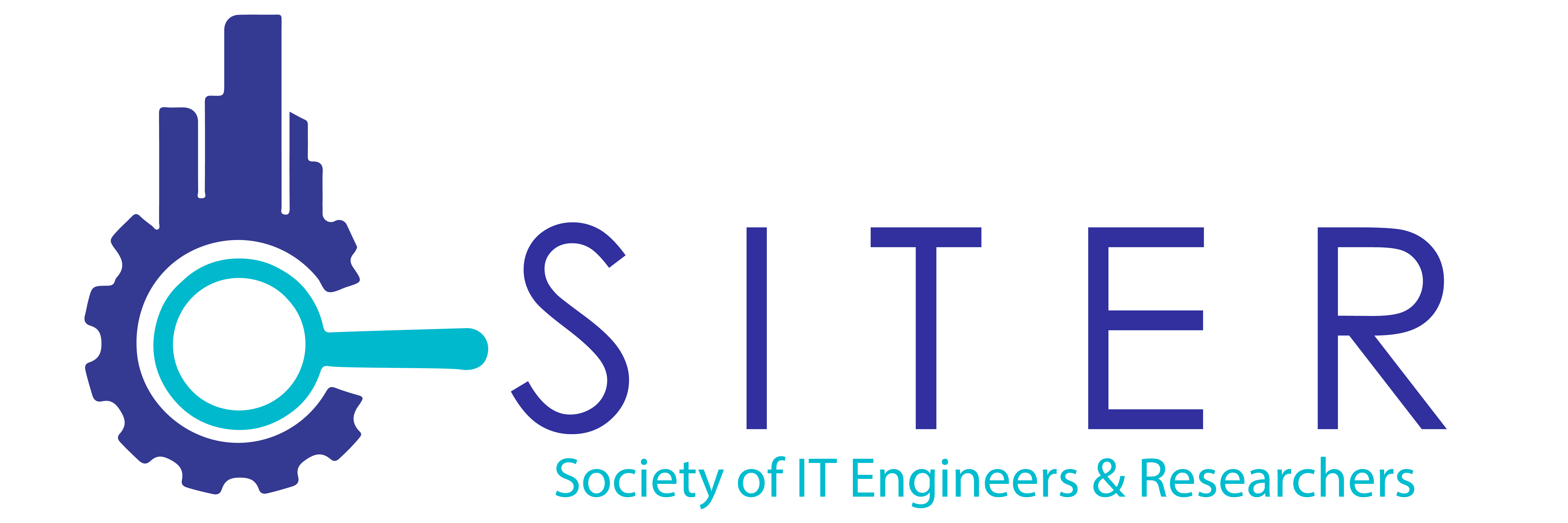
Training collaboration with academic institutions is a mutually beneficial arrangement that can benefit both the training provider (SITER) and the academic institution. SITER can gain access to a pool of talented students and faculty members, while the academic institution can enhance its curriculum and offerings by incorporating the latest training programs. Universities and colleges play a crucial role in society by providing students with the knowledge and skills they need to succeed in their careers and lives. They also contribute to society by conducting research and disseminating knowledge. To stay at the forefront of education, universities and colleges must constantly adapt to the changing needs of students and the demands of the workplace. They must also strive to create a student-centered experience that provides students with the support and resources they need to succeed.
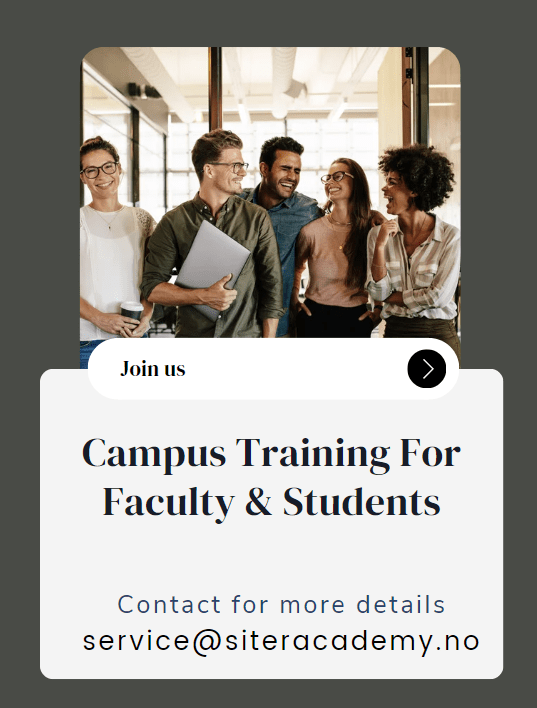
On-Job Training
Skills Training
Internships
Research
FDP
Academic project
Webinars
Workshops
Startup Incubation
By collaborating with SITER, the academic institutions can build next generation of engineers which is essential for ensuring a strong and innovative future. In addition, partnering with SITER can lead to increased internship opportunities, job placements, research collaboration and the professional development of the faculty members.
Skills training focuses on developing specific skills that are relevant to the student's chosen field.
For example, if the student wishes to become a Data Engineer, they can join DP-900 Azure Data Fundamentals. And for the future developer job, they can start with the fundamental course AZ-900 Azure Fundamentals or join the intermediate-level course AZ-204 Azure Developer.
Format: 1 day workshop with access to self-paced online materials.
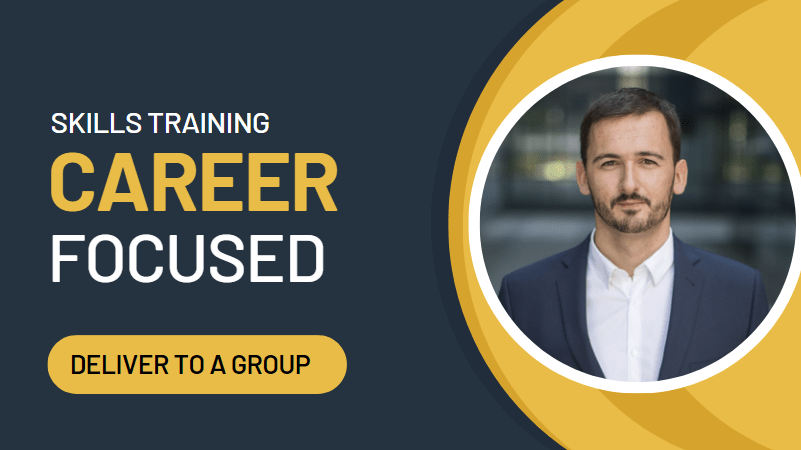
The transition from student to junior engineers can be a challenging one. However, with the right preparation and guidance through the Skills Training, it is a transition that can be successfully navigated.
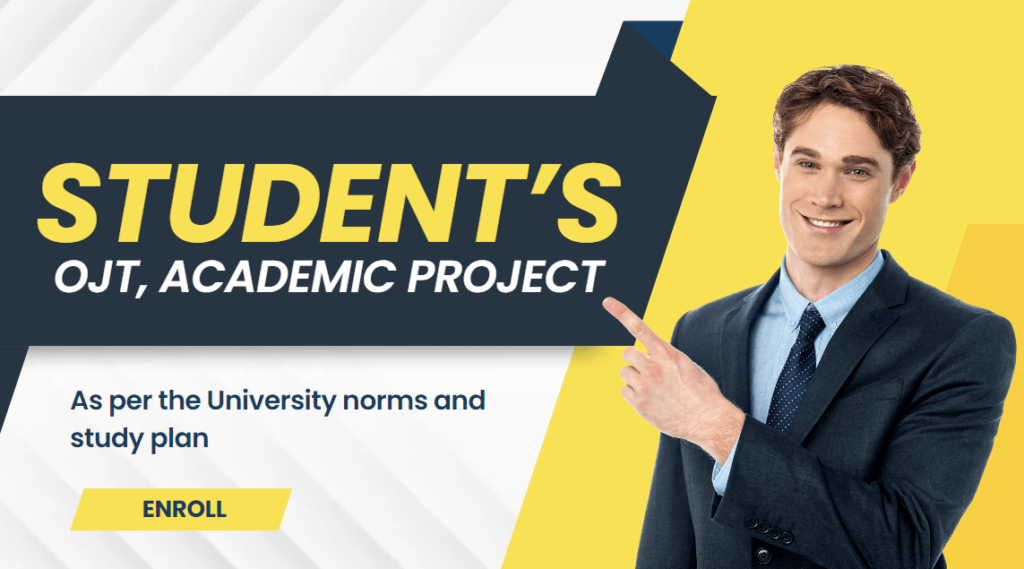
The OJT and Academic project are designed exclusively for the university students to complete the training with SITER as part of their university curriculum and course. The duration of the training varies based on the university norms and regulations. Support on the Academic Project is almost like OJT, both are hands-on training with complete supervision and guidance. While students work on real projects during their on-the-job training, academic projects are mostly capstone projects. SITER has a well-structured training plan for OJT and Academic Project. SITER will provide regular feedback and evaluate the learning outcomes to identify the areas for improvement. Through this program, the participants learn by doing and accelerate the skills and knowledge.
Internships provide students with hands-on experience in their chosen field. Internships help students learn about the day-to-day work of a professional, build their networks, and gain valuable experience that they can put on their resumes.
Format: 1 to 3 months program
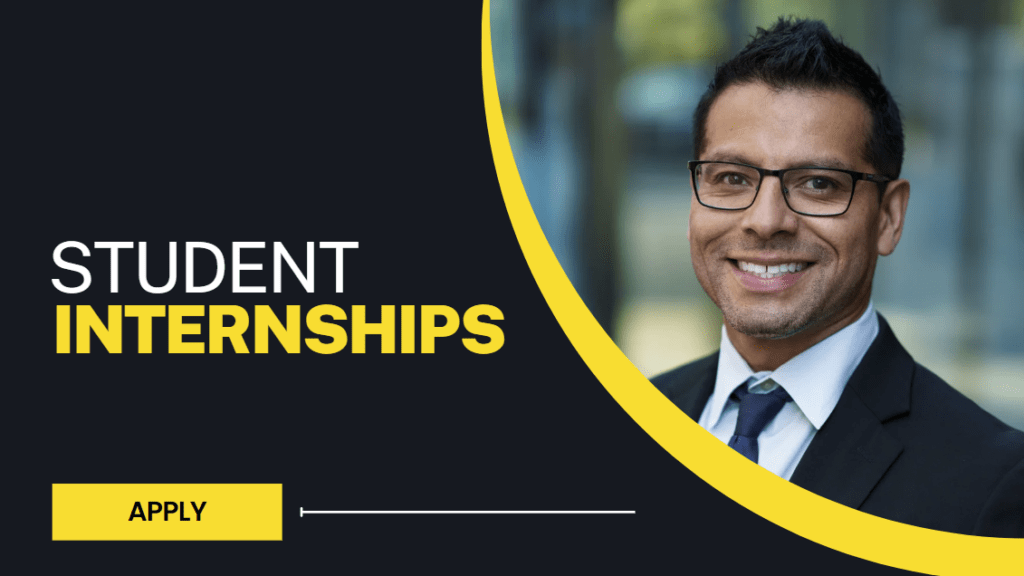
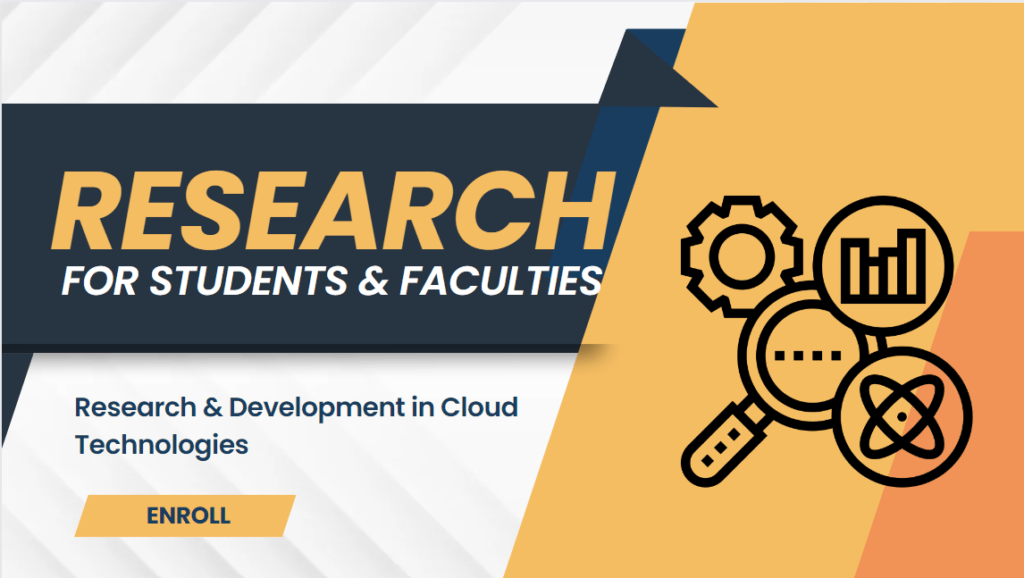
Research opportunities in cloud computing technologies allow students and faculty members to work on real-world research projects. This can help students and faculties to develop their research skills, learn about the latest research in their field of cloud computing. For the big data analytics in Research, the students and faculties can use Microsoft Fabric. Microsoft Entra ID can be used for the research in cyber security area.
Format: 1 day workshop with access to self-paced online materials.
Faculty Development Programs play a crucial role in advancing the quality of higher education. By investing in faculty development, institutions can foster a culture of continuous learning, enhance teaching effectiveness, promote research innovation, and strengthen service contributions. FDPs are an investment in the future of the institution and the success of its students.
Format: 1 day to 5 days program
Here’s the suggested format to conduct the FDP.
(1) Short term events like Workshop or Webinar.
(2) Coursework and Certification Programs.
(3) Research Opportunities in Cloud Computing area.
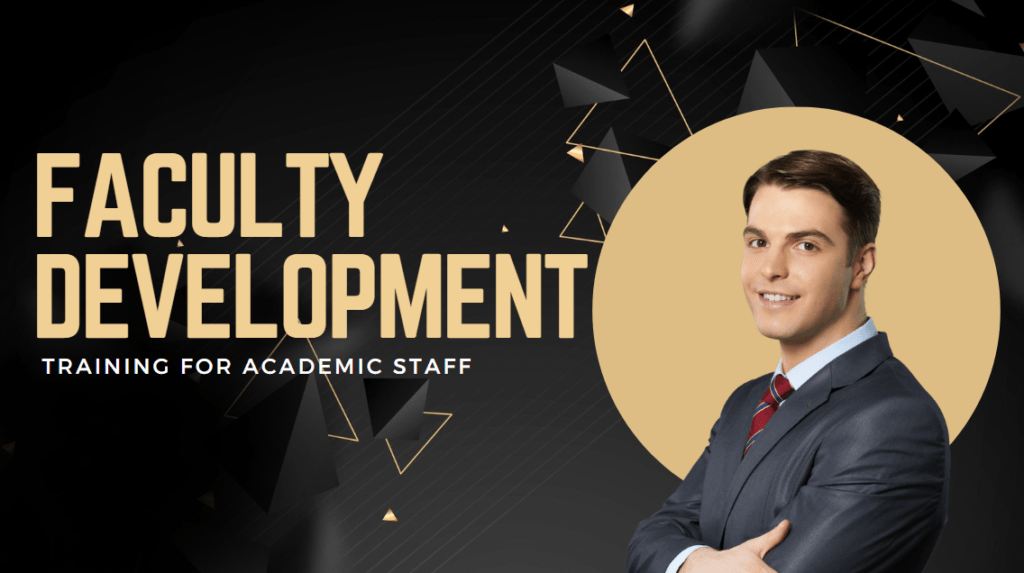

The webinars and workshops provide students with information about their chosen field and the skills they need to succeed in their careers. They often cover topics such as Microsoft Career Path, Microsoft Certification Road Map, Self-branding and online presence for professional development, Git Portfolio and so on.
Format: 1 day workshop
SITER can support students to start the early-stage tech startup to develop and deliver web-based software products or services like e-Commerce. Students who are passionate about their ideas and willing to take some risks can be beneficial. There are many successful IT startups that have gone on to become major players in the tech industry. Some examples include Apple, Facebook, Amazon, Google and Netflix. With the right resources and support, IT startups can have the potential to become highly successful businesses.
Startup Incubation is integrated with eMap’s Estonia e-Residency program
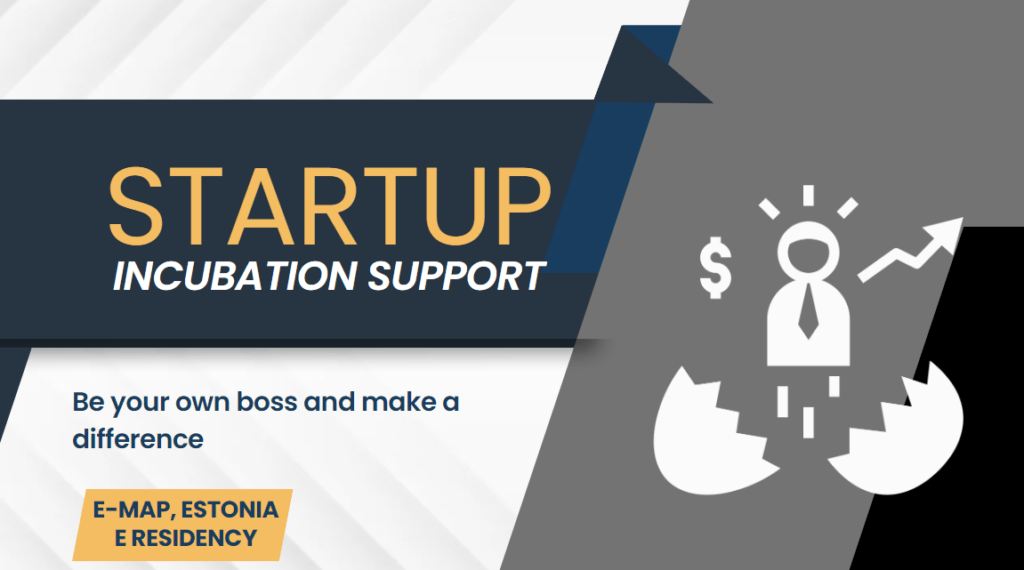




SITER Konathukudy Mohan
Blomsterdalen 5258
Bergen, Norway
Organization No: 931 859 811
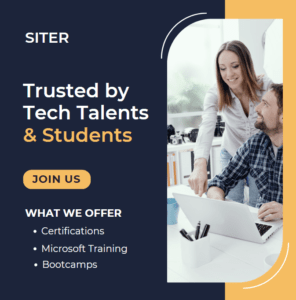

© All Copyright 2024 by SITER